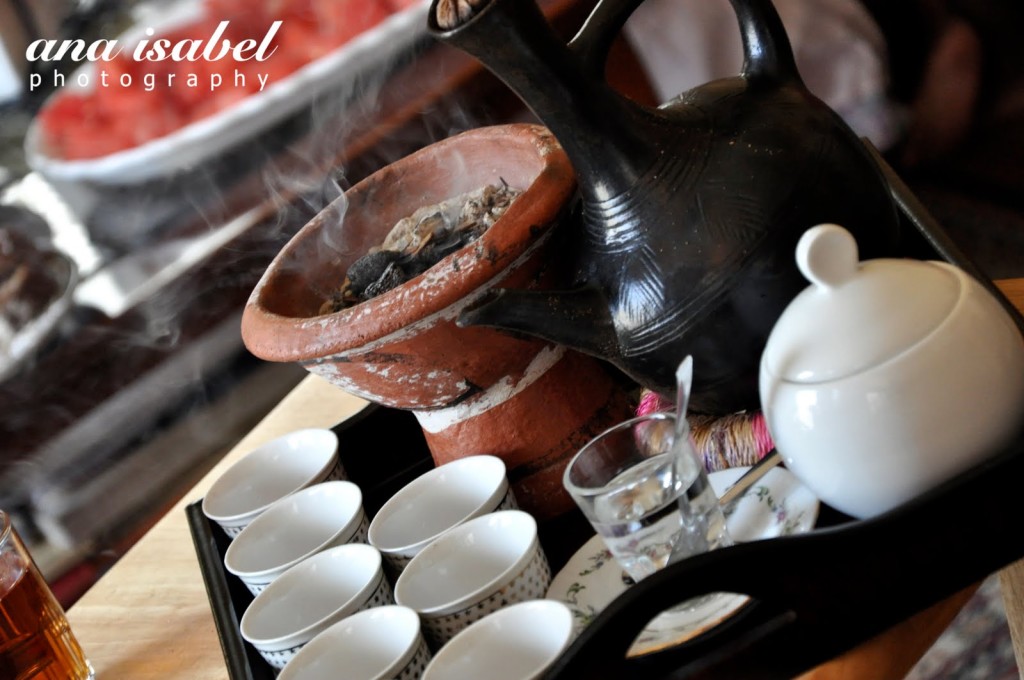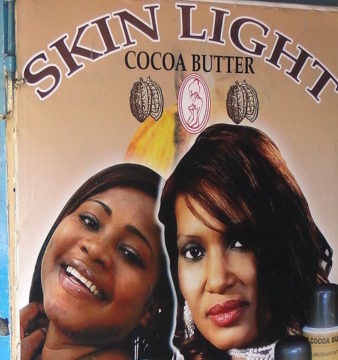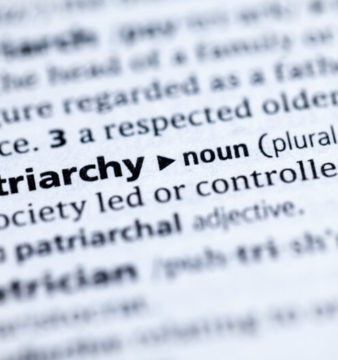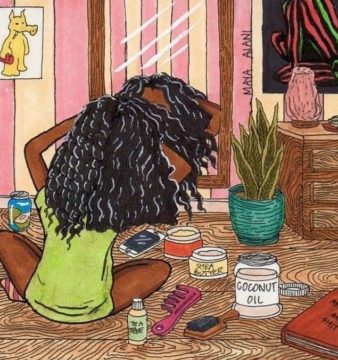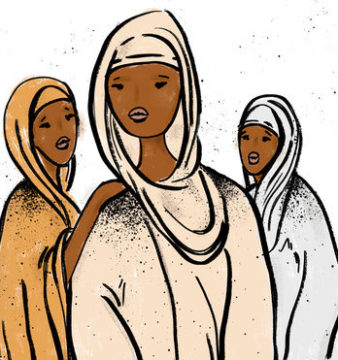My grandmother’s coffee rituals (Part 3)
On the third chapter of this series, Osman reiterates a tale told by his grandmother about a villager who feels homesick, even though he’s only three miles away from home.
I remember, not only the elaborate and long rituals of my late grandmother’s coffee-making when I visited the village, but also the stories and poems she told guests as they waited for and then enjoyed the coffee.
Knowing that most of the guests were villagers working in Khartoum or overseas, she told, in poetry, a story of a villager who left for a city, but felt constantly homesick. He wasn’t in Khartoum, Saudi Arabia, Egypt or USA, but a city only three miles away – and he blamed the British (who ruled Sudan for about a hundred years until 1956) for his miseries.
That was Ahmed Wad Abu Konna who left Duweim Wad Haj (Al-duweim) to nearby Merowe where he worked as a messenger in the hospital that was built and run by the British. One day, he wanted to return to the village to attend his nephew’s circumcision, which is usually a big cause for celebration in Sudanese culture. But the British official refused his leave request. On the celebration night he felt depressed and bought a bucket of mareesa (traditional liquor) from Salamat Albasha, Merowe’s famous area of indayat (liquor-making houses). He returned to the hospital, sat at the entrance, and started drinking and singing.
“Ya al-shael Al-duweim aghshali ahalna. Alfeeho sitat al-mahanna”
(You who is going to Al-duweim, please visit our neighborhood where our tender and caring women live)
He continued: “In our neighborhood, we enjoy taking leisure walks. When the weather becomes hot and al-samoom (hot wind) blows, we sit under trees right by the Nile River enjoying the breeze. We eat ajwa (fresh soft date) under palm trees. Oh God, you made all those people go the celebration, please take me there right now.”
Then, he remembered his love, the village girl he wanted to marry, “Sallim alay albaihom itnaba” (Send my salaams to the one I always remember). He continued: “The girl for whom I hold water in my hand so she can drink. The girl who is as graceful as a doe, and tender as morning dew on leaves.”
Then he moved to his miseries.
“Fi shiqi al-yameen mat’oon bi harba” (I am being stabbed in my right side by a spear)
He continued, “My cure has become the liquor of the infidels. I have become addicted to it and cigarettes. Oh brothers, life is very hard. I had no other option than to work at this hospital. It is a
lot of work. I have no objection; it is God’s will. But there is the British doctor, who blows his whistle to call me. He insults me, ”you bloody fool”. I am the one who cleans the surgery room. I am the one who fills the zeer (clay water container). I am the one who carries letters and papers from one office to another.”
“Last night, the British official ordered me to get rid of my cigarette. I obeyed his order, but said it was late in the night and all the shops are closed, so I wouldn’t be able to buy cigarettes on my way home. The British official was nice; he offered me cigarettes to smoke later. He asked ‘Which brand you prefer: Abu Nakhla or Abu Gazala?’”.
(To be continued)

